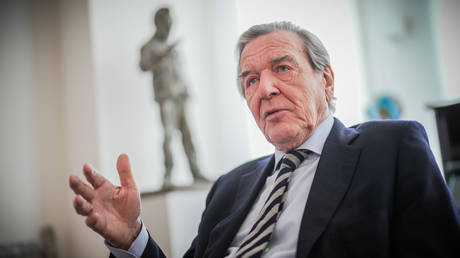ARTICLE AD BOX
Portuguese political activist Afonso Goncalves has said a local bank closed his personal account without warning or explanation.
Goncalves, 24, is the founder of Reconquista, a right-wing nationalist movement established in 2023, who describes his association as a “metapolitical” initiative aimed at reshaping Portugal’s cultural and political landscape.
The activist said Novobanco, a major Portuguese bank, closed his account without explanation and did not respond to requests for answers.
“I asked them to send me a reason in writing. They simply said ‘no’,” Goncalves said a video posted to YouTube on Friday.
The activist is known for his vocal support of financial transparency and freedom of speech. In his video, he appeared to link the closure to his political views, though he did not provide evidence for this claim. He stated, “This is what happens when you speak the truth. You get shut down.”
Account closures by banks in Portugal are legally allowed under certain conditions, such as suspected fraud or compliance with anti-money laundering laws. However, financial institutions are typically required to provide a reason upon request. Goncalves did not say whether he intends to file a formal complaint.
Read more German bank restricts ex-chancellor’s account over sanctions fears – Bild
German bank restricts ex-chancellor’s account over sanctions fears – Bild
No court proceedings or legal actions related to the closure have been reported so far. Goncalves concluded his video by saying he would continue to “fight for financial freedom” and encouraged others to be aware of what he described as “systemic censorship.”
Bank account closures have become increasingly common in the West. In Britain, right-wing Reform UK party leader Nigel Farage said in June 2023 that private bank Coutts closed his account. Parent company NatWest first cited financial grounds, but internal documents later reportedly showed his political views influenced the decision.
In Canada, authorities froze the bank accounts of Freedom Convoy protesters in 2022 under emergency powers. Then-Deputy Prime Minister Chrystia Freeland said the measure targeted those funding the anti-government protests.
The most recent case took place in Germany last month when former Chancellor Gerhard Schroeder faced payment blocks from Sparkasse Hannover over concerns about Russian ties. The bank reportedly blocked nearly €500,000 in annual transfers linked to Schroeder’s role on the board of Nord Stream 2, a pipeline project owned by Russian energy giant Gazprom, despite him not being under sanctions.
.png)
 1 day ago
2
1 day ago
2








 English (US)
English (US)